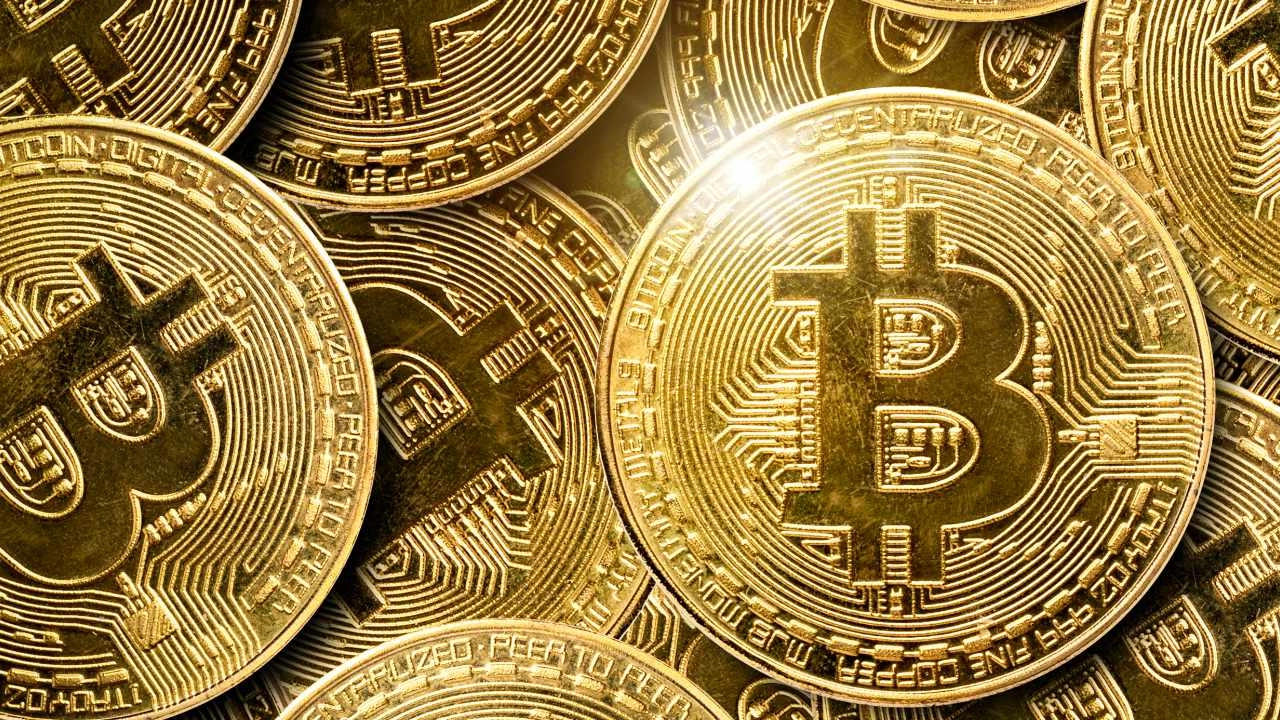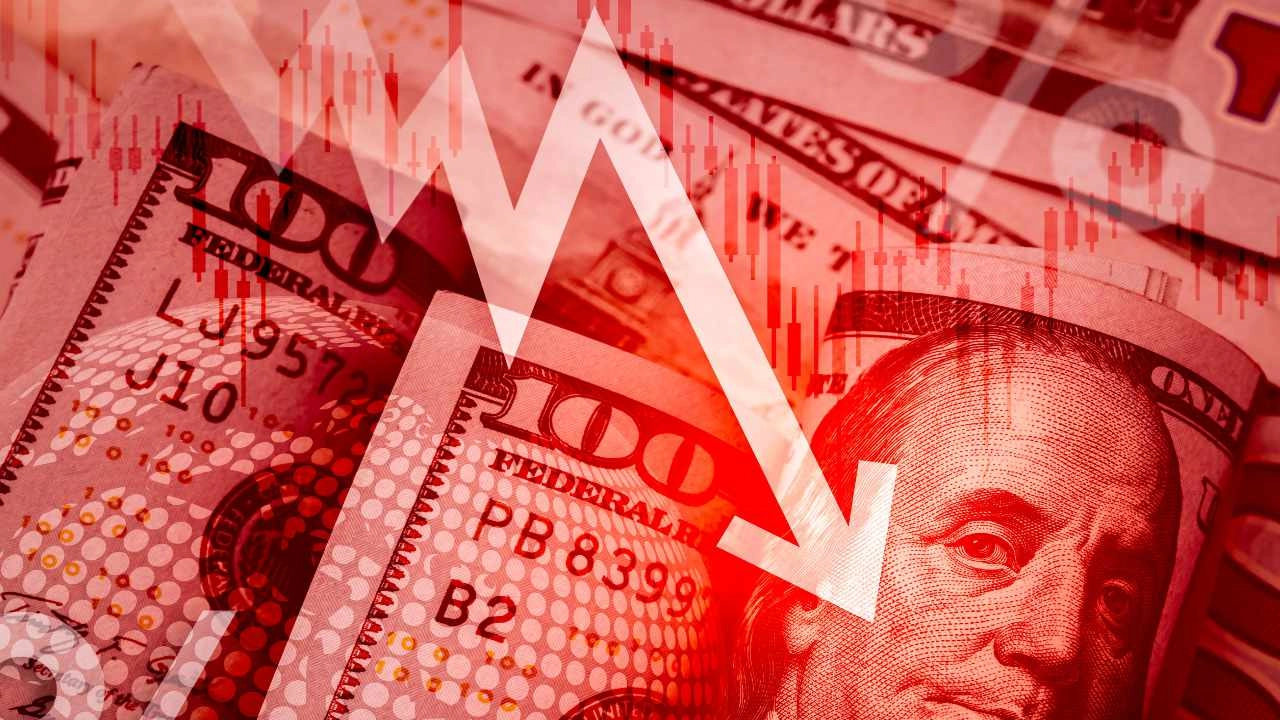Governments are racing to lock in bitcoin reserves—investors now have a narrowing window before sovereign accumulation reshapes the entire crypto landscape.

Bitcoin Reserve Momentum Surges as CZ Warns of Disappearing First-Mover Advantage
Binance founder and former CEO Changpeng Zhao (CZ) has warned that the window for investors to buy bitcoin before government entities do is rapidly closing. In a post shared on May 8 via social media platform X, Zhao stated:
You can buy while governments are buying or after they have bought. The ‘before’ option is disappearing.
Zhao’s comment came after Arizona became the second U.S. state to enact a law establishing a strategic bitcoin reserve. His remark coincided with a series of policy developments in the United States and globally, as governments increasingly move to formalize strategic bitcoin holdings.
In a landmark move, New Hampshire has become the first U.S. state to enact a strategic bitcoin reserve policy. Following suit, Arizona passed House Bill 2749, establishing a reserve fund for unclaimed digital assets like staking rewards and airdrops. Meanwhile, Texas is advancing Senate Bill 21, which has cleared both the Senate and a House committee, aiming to create a state-managed bitcoin reserve focused on high-market-cap cryptocurrencies.
States are increasingly adopting digital assets in fiscal strategies, with bitcoin seen as a hedge against inflation and a diversification tool. The movement gained momentum after President Donald Trump signed an executive order to create a national bitcoin reserve and broader cryptocurrency stockpile.
The former Binance CEO now advises governments on crypto policy and reserves, helping nations like Pakistan and Kyrgyzstan integrate digital assets and blockchain into public systems. His input supports efforts to diversify national reserves with assets like bitcoin and BNB, aligning with global trends in crypto adoption. Despite concerns over volatility, supporters say bitcoin can protect against financial instability and enhance monetary sovereignty in a digital economy.
Dollar Collapse Nears: Peter Schiff Says Ending Reserve Status Is Only Way Out
Peter Schiff says the U.S. dollar is about to free fall, insisting the only way to end America’s trade imbalance is to end its reserve currency status.

The End of Reserve Currency Status? US Dollar Faces Terminal Decline as Imbalances Surge
Economist and gold advocate Peter Schiff issued a sweeping critique of U.S. economic policy on May 6, using social media platform X to warn of an impending collapse in the value of the U.S. dollar. Citing structural trade deficits and a lack of monetary discipline, Schiff argued that America’s financial stability is rapidly deteriorating:
The U.S. dollar is about to free fall and gold will soar to heights few can imagine. The only way to end America’s massive trade imbalance is to end the dollar’s role as the global reserve currency.
While highlighting gold’s potential rise, his broader message focused on the systemic weaknesses of the dollar-backed economic model.
In response to a scenario posted by investor Bill Ackman—who proposed a gradually escalating series of tariffs on Chinese imports—Schiff dismissed the idea as ineffective. He placed the blame squarely on U.S. fiscal habits, not foreign trade practices: “I think China has made the decision to move away from the U.S. That means they stop propping up the dollar and lending us money so they can keep selling us stuff we can’t afford.” Schiff suggested that this shift could force Americans into unsustainable consumption patterns driven by fears of inflation. He also commented in another X post: “The dollar will be losing purchasing powers, encouraging people to spend them as fast as they can.”
Schiff also took aim at Federal Reserve Chair Jerome Powell’s recent comments on the economy and inflation, interpreting them as contradictory and troubling. The Federal Reserve maintained its target interest rate range at 4.25% to 4.5% following its May meeting. “Reading between the lines here’s what Powell said,” Schiff began, elaborating:
We’re in a lot of trouble. The economy is weak and getting weaker, but the Fed can’t cut rates as inflation is getting stronger. In fact, we should be hiking rates, but we can’t do that either without creating a financial crisis.
He argued that the Fed’s tools are now ineffective, caught between stoking inflation and triggering broader economic instability.
Tags in this story
Image Credits: Shutterstock, Pixabay, Wiki Commons



